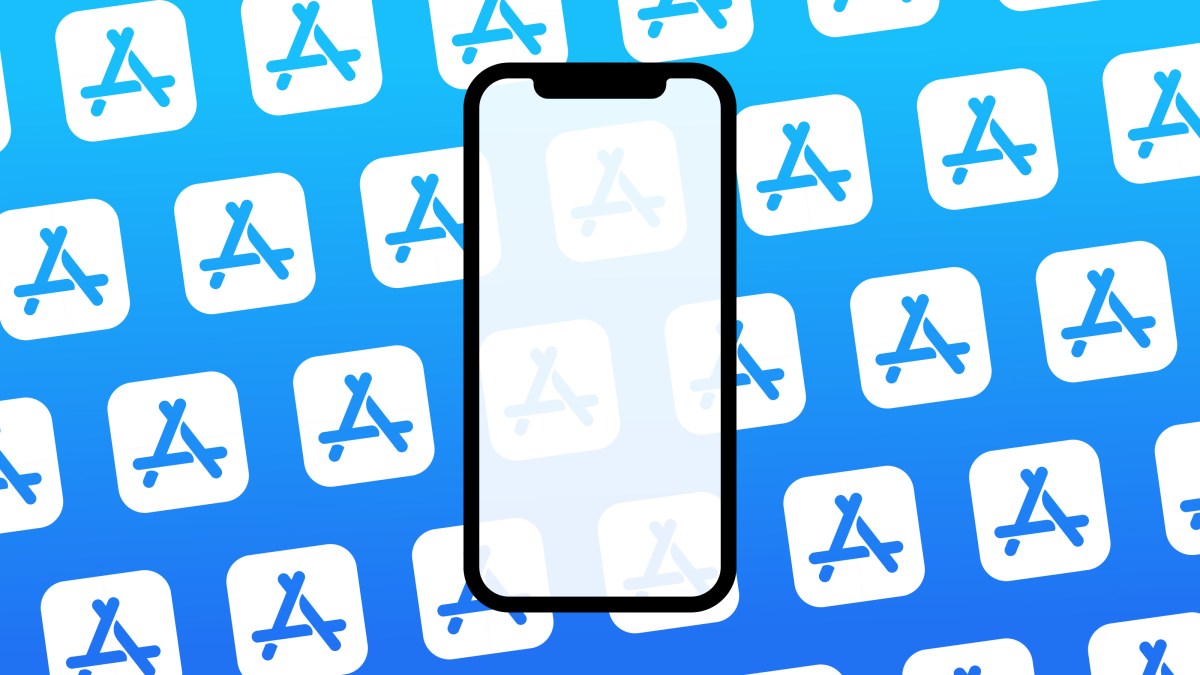Apple is now allowing web distribution for iOS apps targeted at users in the European Union. Developers who meet Apple’s criteria, including app notarization requirements, can opt in and offer iPhone apps for direct download to EU users from their own websites.
This marks a significant change in a mobile ecosystem that typically prohibits “sideloading”. Apple’s previous walled garden approach directed almost all iOS developer revenue through its own App Store. However, in the EU, new regulations are breaking down this barrier, leading Apple to comply with the rules of the bloc.
Back in March, Apple announced upcoming changes to its mobile platform to align with the Digital Markets Act (DMA) in the EU. This regulation imposes obligations on tech giants operating in the EU, aiming to level the playing field for business users of platforms and protect consumers from the dominance of Big Tech companies.
An Apple representative briefed journalists on the latest EU app ecosystem developments, stating that developers can access the web distribution entitlement through beta 2 of iOS 17.5 by opting into Apple’s new EU business terms.
To distribute apps directly, developers must adhere to Apple’s new EU business terms, which include a “core technology fee” of €0.50 for each first annual install exceeding 1 million in the past 12 months. This fee is mandatory for developers to access the DMA entitlements.
Apple has implemented other DMA changes such as allowing marketplace apps in the EU where developers can operate their own app stores on iOS, including marketplaces with only their own apps.
Additional DMA-driven reforms include more flexibility from Apple regarding in-app payments and a ban on anti-steering measures. This means iOS developers opting into the new terms can inform users of cheaper offers outside Apple’s App Store.
For developers to distribute iOS apps directly from their websites, they must meet Apple’s criteria, be in good standing with the developer program, handle IP disputes and government takedown requests, and commit to providing customer service to iOS users downloading apps outside the App Store.
All apps distributed from the web must meet Apple’s notarization requirements, designed to safeguard platform integrity and ensure iOS user protection from external risks.
Apple emphasizes that sideloading apps presents security risks and it is taking precautions to comply with the DMA while actively limiting risks posed to users by the changes.
When a user attempts to download an app from a developer’s website for the first time, they must authorize the installation. The authorization process involves multiple steps, with subsequent permission pop-ups requiring users to provide consent for app installation.
Future direct downloads involve fewer steps once the initial authorization process is completed. Apple’s design for the app installation flow includes security notifications and prompts users to verify information before installing.
Apple contends that these steps and the information surfaced to users during the authorization process are reasonable security measures permitted by the DMA to protect platform integrity.
Critics of Apple’s DMA approach have criticized the authorization process as creating unnecessary friction and fear among iOS users to deter them from seeking apps outside the App Store.
The European Commission is investigating several aspects of Apple’s DMA compliance, including rules on steering in the App Store, choice screens for alternative web browsers, and the new iOS fee structure.
As web distribution for iOS apps is just beginning, it remains to be seen how many developers will opt for this new option alongside the established App Store distribution. Apple acknowledges some interest from developers but anticipates varying levels of adoption due to the novelty of the capability.
In the EU, developers now have a third route to reach users through submitting a marketplace app to Apple for distribution via their own alternative store on the platform.


